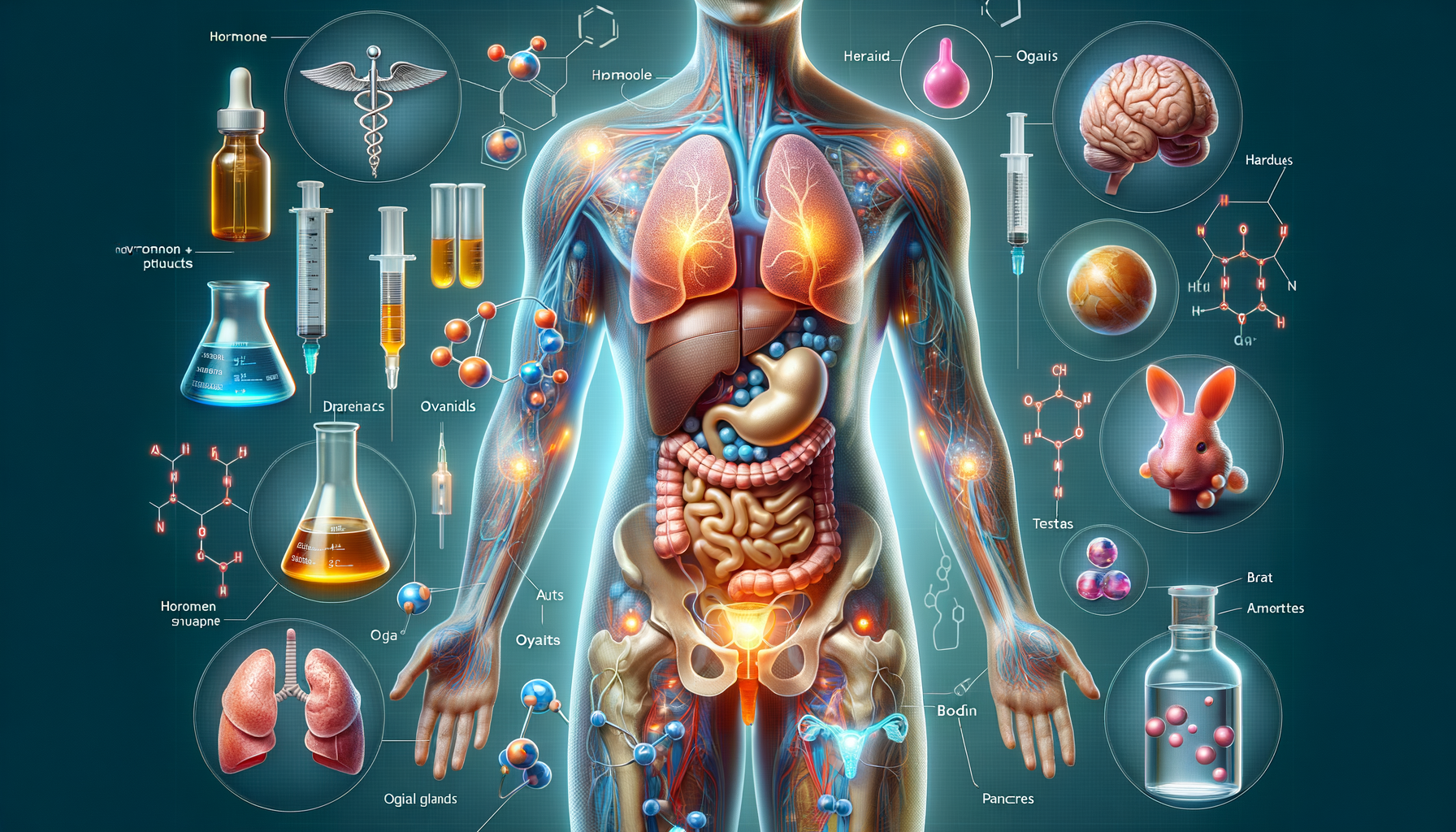Finding Balance: What Hormone Therapy Can (and Can’t) Do
The idea of hormone therapy for women can bring up a lot of questions—and rightly so. It’s important to understand what it can realistically help with. Many women turn to hormone therapy to ease symptoms like hot flashes, brain fog, or irregular cycles. But it’s not just about symptom relief—it’s about supporting hormone balance more holistically. Hormone levels affect everything from mood to metabolism, so finding your equilibrium can really improve quality of life. That said, this isn’t magic. It doesn’t reverse ageing, and it isn’t a quick fix. Instead, think of it as one tool in your health toolkit. If you’re considering hormone therapy, consulting with a trusted healthcare provider is key—they can help tailor your approach to your needs. For those searching for hormone therapy near me, remember that it’s not only about proximity, but finding a supportive, informed provider who listens and understands your unique body.
Listening to Your Body: When Hormones Speak Louder Than Words
By the time you’re midway through your research, it’s easy to feel like you’re drowning in opinions, information, and acronyms. That’s why it helps to come back to basics—how are you really feeling? Are you tired for no clear reason, constantly irritable, or just not quite yourself? Those could all be signs your happy hormones are off balance. Midlife isn’t just about ageing—it’s about adapting, evolving, and making decisions that help you feel good again. Hormone therapy might be part of that. It doesn’t mean you’re broken; it means you’re tuning in. As you explore your options, using a hormone trip planner—ahem, sorry, brain fog again!—make that a hormone therapy near me search, it’s smart to jot down your symptoms, lifestyle needs, and any changes you’ve noticed. Hormone balance is personal, and there’s no shame in getting curious about your body. If you’re exploring hormone therapy for women, you’re not alone—and you’re definitely not the first to want answers. Keep listening to your body; it’s smarter than we often give it credit for.
Exploring Different Types of Hormone Therapy
When considering hormone therapy, it’s crucial to understand the different types available. Generally, hormone therapy can be categorized into two main types: systemic hormone therapy and low-dose vaginal products. Systemic hormone therapy involves taking hormones in the form of pills, patches, gels, creams, or sprays, which are absorbed into the bloodstream and can help with a variety of symptoms like hot flashes and night sweats. On the other hand, low-dose vaginal products, such as creams, tablets, or rings, focus on treating vaginal and urinary symptoms by releasing a small amount of estrogen directly to the affected area. Each type has its benefits and potential side effects, and the choice largely depends on individual symptoms and health history. Consulting with a healthcare provider can help determine which type of therapy aligns with your needs and lifestyle. This personalized approach ensures that the therapy not only targets your specific symptoms but also supports your overall health and well-being.
Potential Risks and Side Effects of Hormone Therapy
While hormone therapy can offer significant relief from menopausal symptoms, it is not without potential risks and side effects. It’s important to weigh these factors carefully when considering treatment. Some of the common side effects include bloating, breast tenderness, headaches, and mood swings. More serious risks, although less common, may include an increased chance of blood clots, stroke, or breast cancer, particularly with long-term use. The risk profile can vary depending on the type of hormone therapy, the dosage, and the duration of treatment. This is why personalized medical advice is critical. A healthcare provider can help assess your individual risk factors and discuss strategies to mitigate them, such as lifestyle modifications and regular monitoring. By staying informed and engaged with your healthcare provider, you can make decisions that align with your health goals and personal comfort levels.
Making an Informed Decision: The Role of Personal Research and Medical Guidance
Deciding whether to pursue hormone therapy is a personal decision that should be made with care and consideration. It’s essential to gather information from reliable sources and consult with healthcare professionals who understand your unique health profile. Personal research can empower you with knowledge about the potential benefits and risks, helping you to ask informed questions during medical consultations. Additionally, staying updated on the latest research and guidelines can provide insights into new advancements or changes in recommendations. Remember, your health journey is personal, and what works for one person may not be suitable for another. Engaging in open discussions with your healthcare provider ensures that your treatment plan is tailored to your specific needs, enhancing your quality of life and well-being.



Leave a Reply